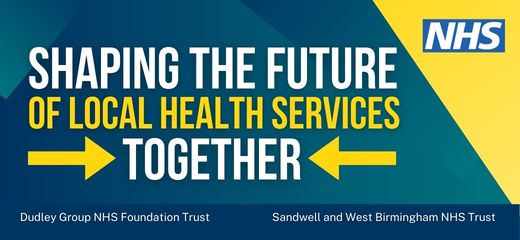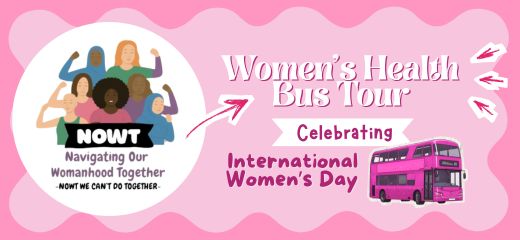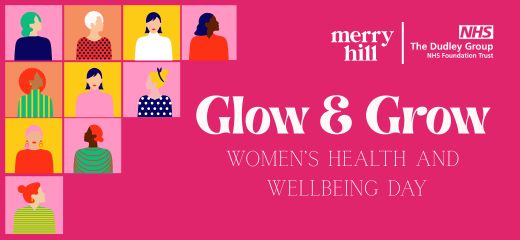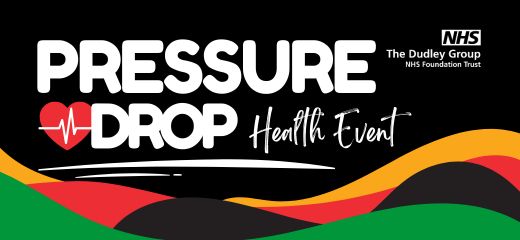To strengthen support for women’s health across the borough and meet the needs of local women, the Dudley Health and Care Partnership (DHCP) organised a workshop on behalf of the Black Country Integrated Care Board (BCICB) titled “Me and the Menopause.”
The event explored the real-life experiences of women living with heavy menstrual bleeding (HMB) and menopause. It focused on key challenges such as obtaining timely GP appointments, reaching specialists in women’s health, and ensuring that healthcare professionals truly understood the issues affecting women.
_________________________________________________________________________________
The Workshop
The workshop offered local patients the chance to shape what a Women’s Health Hub could look and feel like. Using a bottom-up approach, organisers listened closely to what mattered to the women who would benefit from the hub. Participants shared perceptions of HMB, described barriers to care, and suggested what the hub should provide.
_________________________________________________________________________________
Organisation and Participation
Dr Heidi Kerr and Dr Vicky Hobbs from Lion Health helped design and lead the session. Invitations were sent widely and interest was strong. Thirty-one people from a range of backgrounds joined the online meeting, while others who could not attend still shared their views in advance.
At the outset, participants were reminded that the workshop was a safe space and were encouraged to contribute through the chat function or the interactive whiteboard.
_________________________________________________________________________________
Insights from the Session
A brief warm-up revealed that seventeen participants had gone through or were going through menopause, fifteen had sought help for menopause symptoms, and six had not. Eighteen reported suffering from heavy menstrual bleeding, with eleven seeking help and seven not.
From the open conversation, several themes emerged. Many women preferred to see a female professional and found that access to appointments and specialist care varied widely. Some struggled to find reliable advice and treatment, and a number felt unheard or dismissed, which discouraged them from pursuing help. Participants also highlighted the need for more information and support about menopause and emphasised that women’s health involves more than a purely clinical approach.
_________________________________________________________________________________
Moving Forward
The workshop concluded with practical next steps. Twenty attendees expressed interest in an online support group and twelve wanted to learn more about becoming menopause champions. The insights gathered were compiled into a report to inform the business case for a Women’s Health Hub and shared with local health and care organisations to help close gaps in provision.
_________________________________________________________________________________
Menopause Cafés
Alongside the workshop, the Dudley borough Women’s Community Health Hub launched Menopause Cafés to provide education, peer support and signposting to services. The hub offered GP referrals, support for heavy periods, and menopause care, with both in-person and remote consultations.
The vision was to empower women with knowledge and understanding so they could make proactive lifestyle decisions for long-term health.
Each café covered how menopause affects health and wellbeing, available treatments such as self-care options and hormone replacement therapy (HRT), and common myths. Six cafés were held across Dudley—at Coseley Family Hub, Brierley Hill Family Hub, Lion Health Surgery, Dudley Family Hub, Lye Community Centre and Halesowen Leisure Centre—drawing a total of 153 attendees. Specialists Dr Heidi Kerr and Dr Victoria Hobbs led lively discussions and dispelled many misconceptions.
_________________________________________________________________________________
Feedback and Learning
Attendees described the cafés as informative, educational and supportive. They gained a deeper understanding of HRT, including its types, risks and benefits, and how to use it safely over the long term. They learned about the wide range of menopause symptoms, how to manage them, and the stages of the transition. Personal stories reinforced that no one is alone in this experience, and many valued the opportunity to share and listen in a compassionate setting.
Participants also appreciated practical guidance such as how to talk to a GP, navigate referral pathways and access trusted resources. The sessions encouraged better self-care through nutrition, sleep, exercise and stress management, and raised intergenerational awareness to help women prepare for perimenopause and support family members.
Comments included calls for more frequent cafés, fact sheets or email links for future reference, and wider access—including interpreters for non-English speakers and sessions at Russell’s Hall Hospital. Several women noted the importance of educating doctors and workplaces to better support menopausal health.
_________________________________________________________________________________
Check out the workshop reports below:







